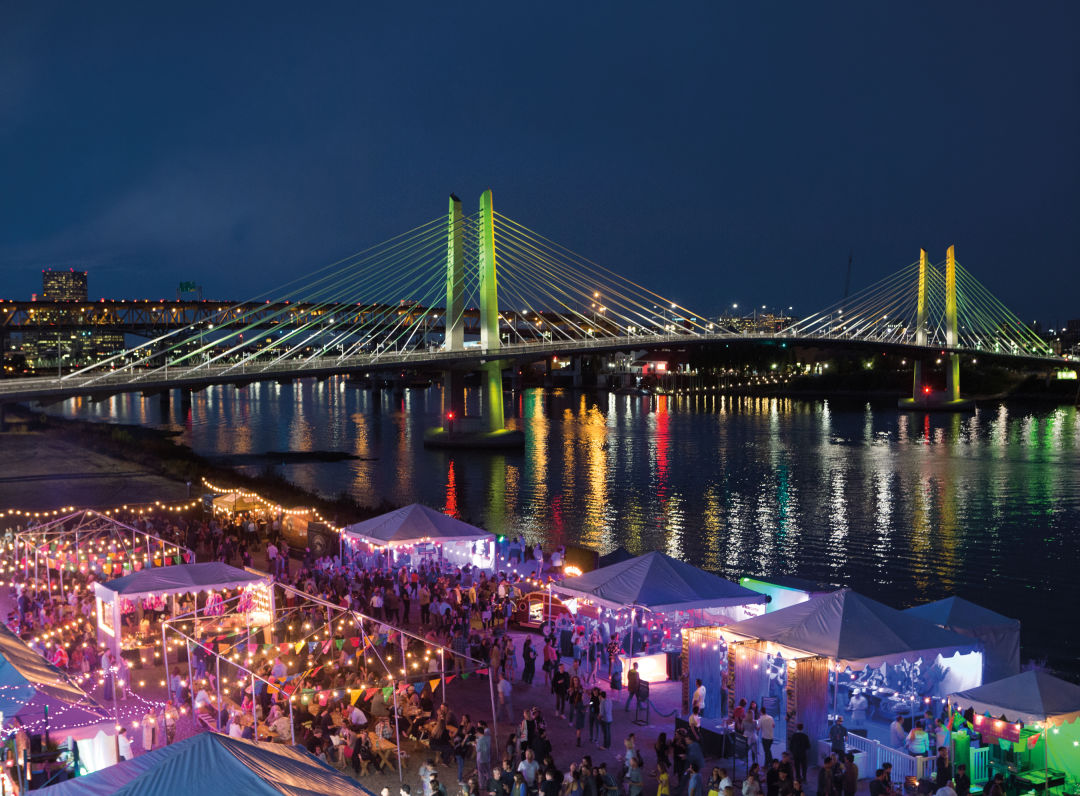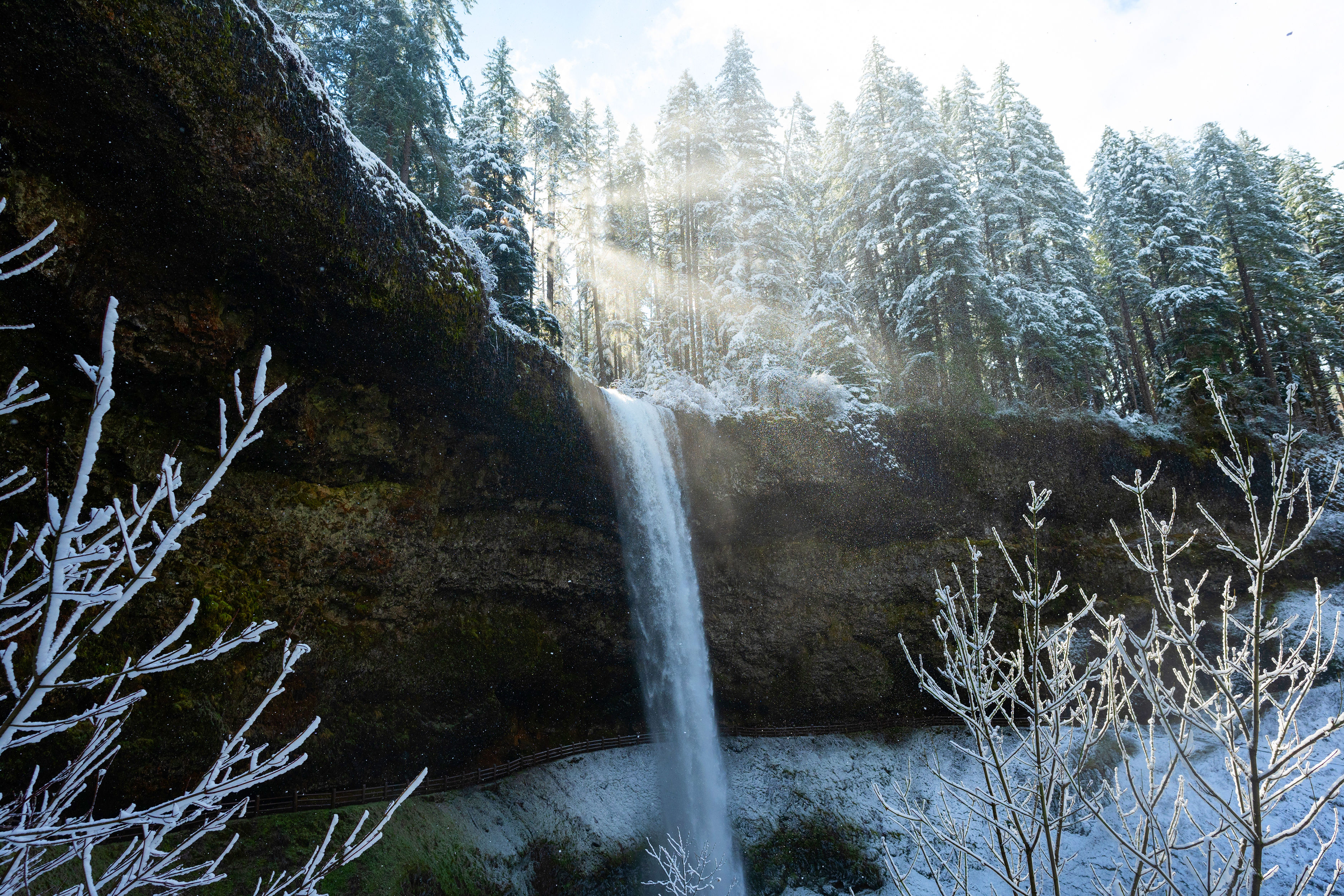How Feast Makes Portland Food Sexy as Hell

Feast 2017's night market
Image: Courtesy Alan Weiner
When Carrie Welch and Mike Thelin launched Feast Portland in 2012, the competition—the established Bite of Oregon, the Northwest Food & Wine Fest with its vats of toothpicks and cheese cubes—largely focused on regional buy-in: by locals, for locals. Some boosters wondered if the new food festival, focused instead on the aggressive exporting of Brand Portland, wasn’t maybe a bit ... tasteless.
Today, the 30-year-old Bite of Oregon is on hiatus, while the 13th Food & Wine Fest is still swirling cabs and pinots. (In the spirit of disclosing all the interests, this past July Portland Monthly entered the field with a city-focused food festival, too. It was ... hard.) Welch and Thelin’s foodie baby, on the other hand, is a national act, now one of America’s “hottest food festivals.” (That’s Forbes.) London restaurant critic Marina O’Loughlin, already anticipating the next year’s “riotous, messy” after- (and after-after) parties, called it a “blast, each day rammed with delicious discoveries.”
If Feast inspires somewhat lusty language, that’s by design. Thelin says the festival always aims to make Portland food sexy as hell: a mix of ambitious local chefs, artisan makers, national media types—casting agents, critics, James Beard Foundation tastemakers—and imported star power. This year brings San Francisco’s twice-Michelin-starred Dominique Crenn; repeat guests include Southern juggernaut Sean Brock, Edouardo Jordan of Seattle’s JuneBaby, and Adrienne Lo of Fat Rice.
As Feast kicks off again on September 13, grab an extra handful of toothpicks.
By the Numbers
17,948
Total attendance, Feast 2017
113+
Flights booked by Feast 2018 for visiting media and chefs, as of press time
$165
Ticket price for Smoked—arguably Feast’s most popular event
1
Weed-raised “Pot Pig,” named David Bowie, served up at Feast 2017
$372k
Amount donated to hunger-fighting Oregon charities since 2012
70
Percent of Feast chefs who hail from Oregon
“Oregon is the spiritual home of American gastronomy. We don’t have Michelin-starred restaurants or temples to high-end dining. It’s not a luxury market, like New York, or Napa. But that’s not what people want anymore. They want to meet the person who roasted their coffee. They want to meet the baker, the chef. They want to meet someone motivated simply by making something.” —Mike Thelin




